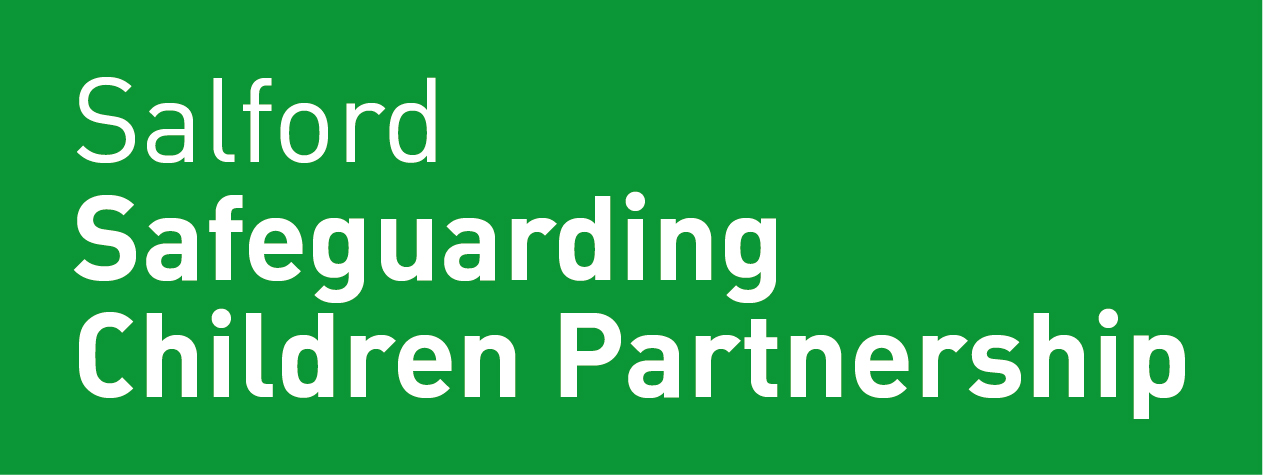Child sexual abuse has a long-term impact on the child lasting well into adulthood and potentially causing physical and psychological problems later in life (see The impacts of child sexual abuse | CSA Centre). This type of abuse is one of the most difficult for children, young people and adults to speak about and for family members and professionals to identify, and often remains hidden even in plain sight ( For more information on the experience of survivors see Truth Project | IICSA Independent Inquiry into Child Sexual Abuse)
Sexual abuse is just as common as other forms of childhood abuse. Children who have been sexually abused may display a range of emotional and behavioural reactions which professionals should be alert to Effects | The National Child Traumatic Stress Network (nctsn.org).
Sexual abuse is difficult for children and young people to talk about, research, guidance and children have told us to notice the signs and indicators that a child is being sexually abused, to listen and ask them about what is happening and not wait for them to tell a professional or otherwise (Communicating-with-children-guide.pdf - csacentre.org.uk).
It is estimated that 15% of girls/young women and 5% of boys/young men experience some sexual abuse before the age of 16 ( Infographics | CSA Centre) the SSCP Child Sexual Abuse Strategy 2023-2026 highlights our commitment to identify and respond to child sexual abuse appropriately whilst listening to children.
A national review into child sexual abuse within the family environment
I wanted them all to notice: Protecting children and responding to child sexual abuse within the family environment
The Child Safeguarding Practice Review Panel has released their latest report, titled "National Review into Child Sexual Abuse within the Family Environment." The report highlights that safeguarding agencies lacked the necessary skills and support to effectively listen to, understand, and protect children from severe abuse. It urges the government to swiftly implement a national action plan to safeguard and support children at risk. The SSCP will consider the recommendations on local and national safeguarding practice improvements highlighted in the report
You can also read the Child Safeguarding Practice Review Panel Newsletter - Special Edition Nov 2024 which includes a practitioner briefing and a Webinar: Child Sexual Abuse within the Family Environment Tickets, Wed 15 Jan 2025 at 12:00
Please note that resources shared here are in addition to your mandatory safeguarding training requirement. Multi-agency training for child sexual abuse is also be promoted and available via the SSCP Training Programme.

